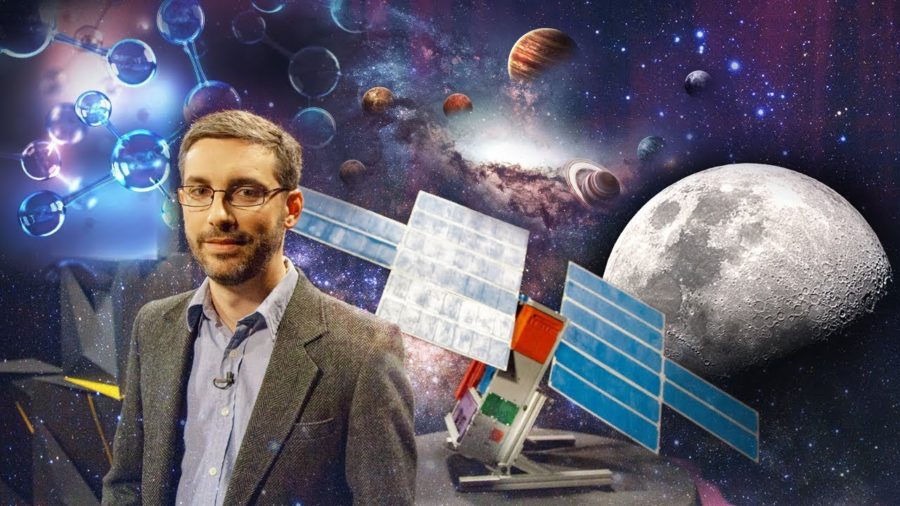We’re sending LunaH-Map to the moon to sniff out just how much hydrogen is beneath the surface. And we’re looking for hydrogen because it’s a key component of water. Water is geologically interesting on the moon. How did it get there? It’s also important for future human exploration, since it could be used as fuel.
Archive (Page 2 of 2)
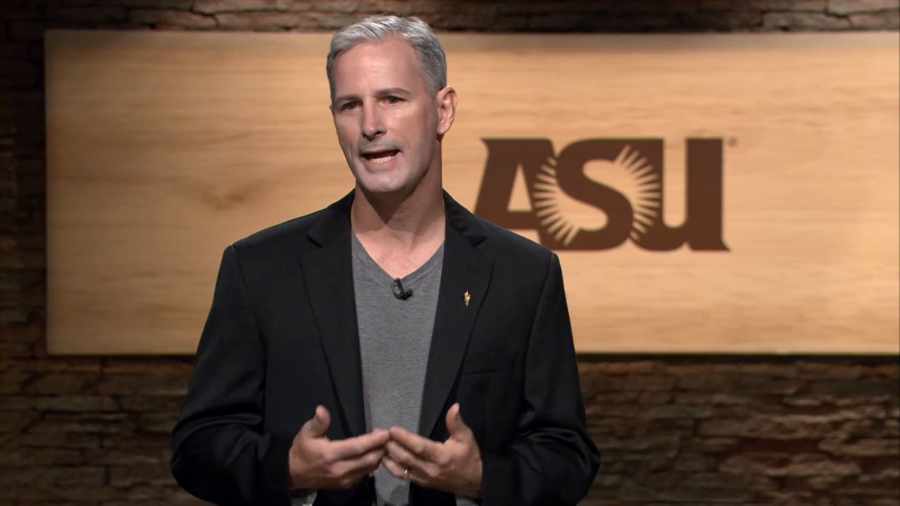
The story of running Lava Falls is the story of the Colorado River in the American West today. Right now, we are in those relatively calm waters above the rapids, enjoying the beautiful canyon scenery. But, now we begin to hear the ominous roar. In the American West we face challenges managing the Colorado River.
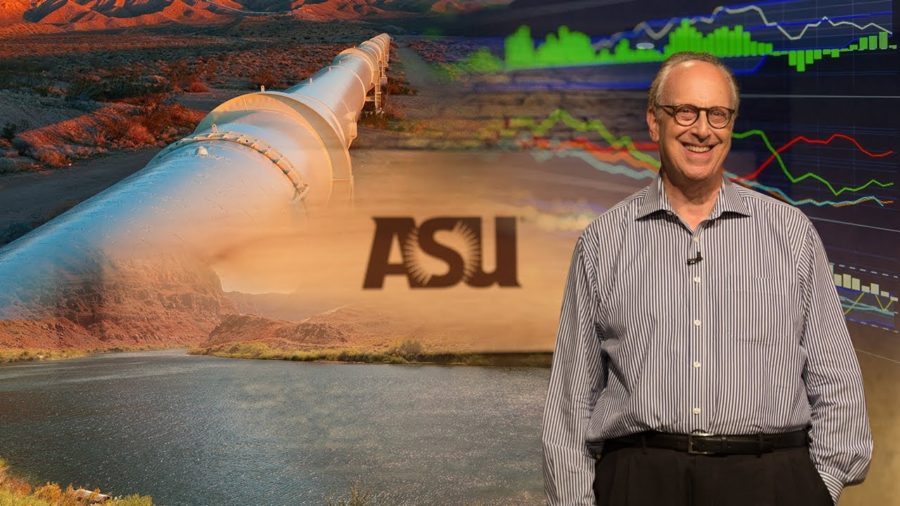
Water is a difficult commodity. It is free, and yet costly. It is simultaneously a private good, and a public good. It helps cities flourish financially, but now it is their financial burden. Almost nobody pays for the water per se. The cost of water is the cost of making it available at the right time, in the right place, and with the right quality.
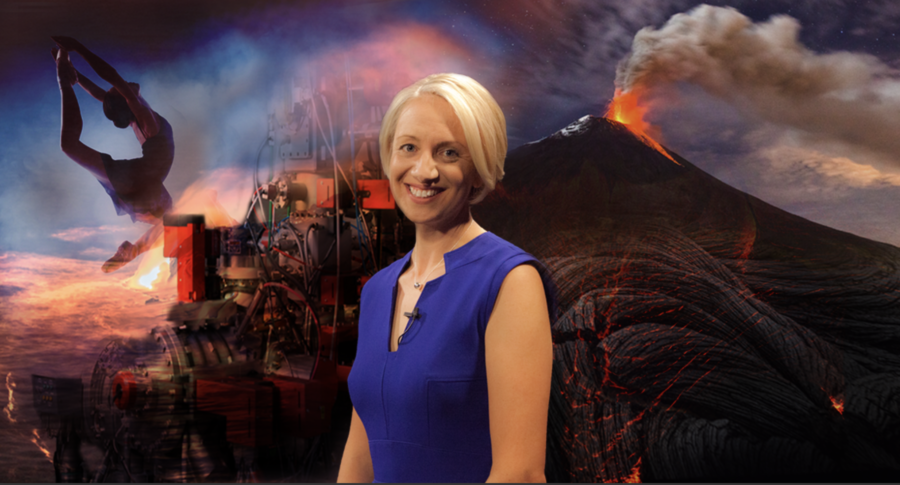
When you think of magma chambers you probably think of red hot boiling goo. But actually we as scientists have learned that that’s not a very good model.

Today we face many highly complex challenges both nationally and internationally. From security of our information networks, to planning for and managing natural disasters, to emergence of new infectious diseases, to social and political conflict throughout the world, these challenges are messy, and highly interconnected.
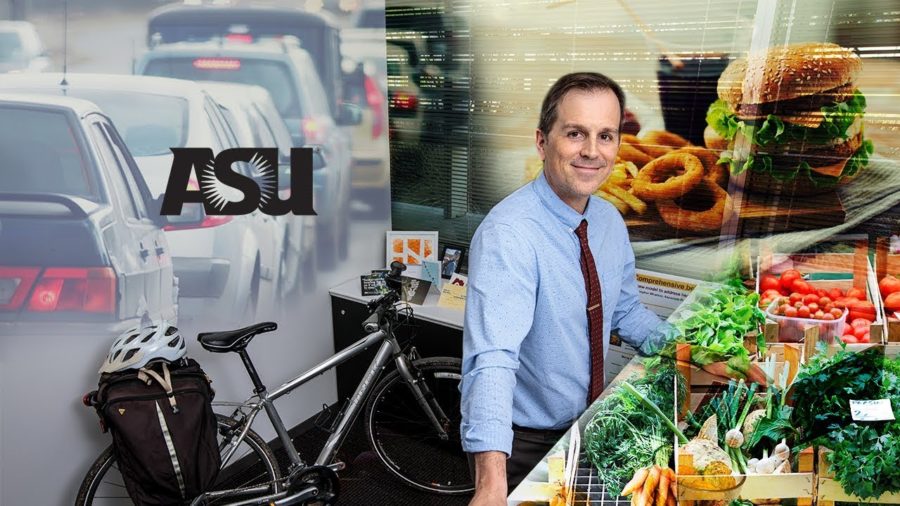
We live in a world of wild, damaging, unsustainable excess. We’re surrounded by unhealthy food options. We live in places built for cars, not for walking or biking. We’re buried in our screens 24⁄7. We face calls to buy stuff, endlessly. And we live in a consumer culture that is dependent on the notion of disposal. But here’s the thing. These excesses are so fully normalized, they so fully meet our expectations of how everyday life ought to look, that we no longer really see them as excessive at all.
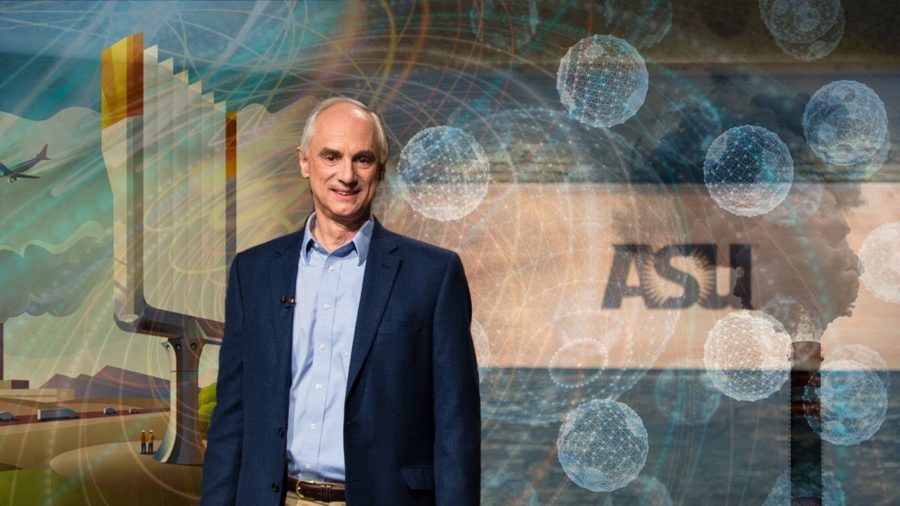
For this theoretical physicist here it seemed actually very simple. It’s a conservation law. If you take carbon out of the ground and you put it into the system it will stay there unless you take it back out. From a societal perspective, this is much much more complicated because as we fix it there will be winners and losers.
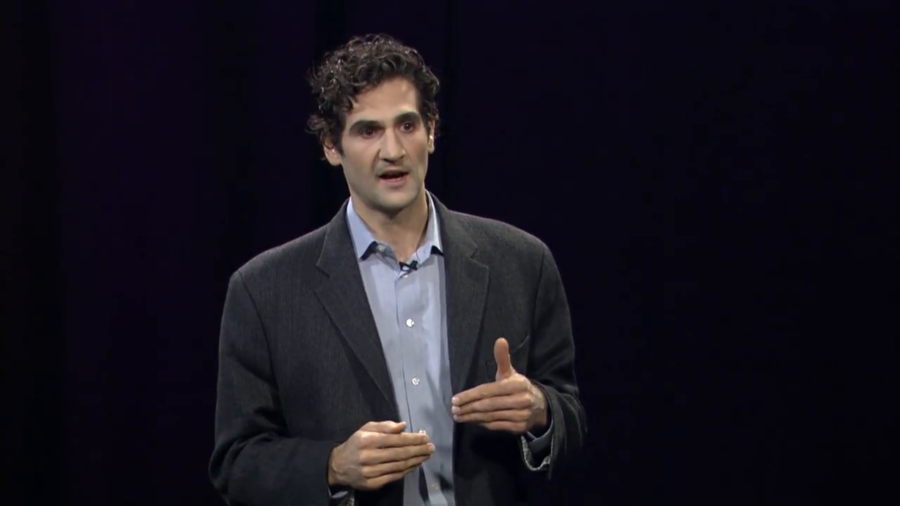
What if cyber attacks could be predicted? What if before a major attack occurred, we would know precisely the right precautions to take?
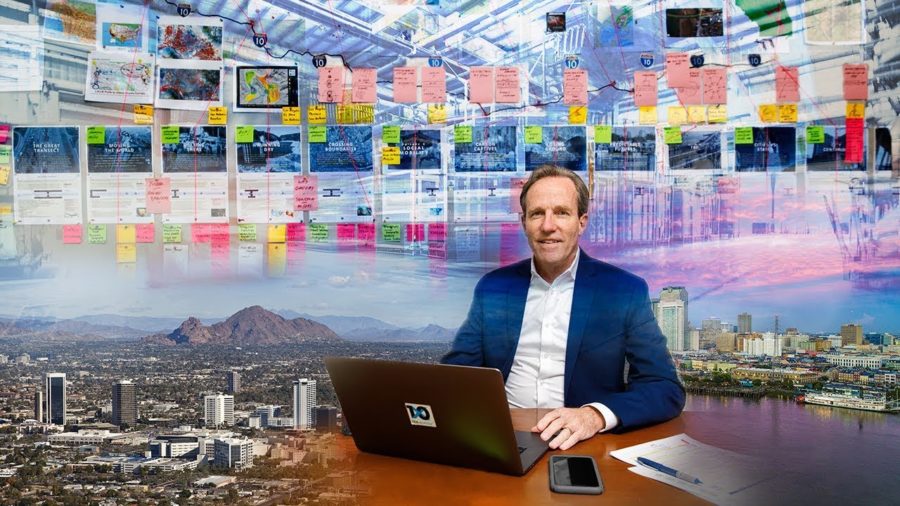
We could be learning from the lived experience of people in the I‑10 corridor. We should be listening to their stories, recording them, and responding to the issues in their communities.
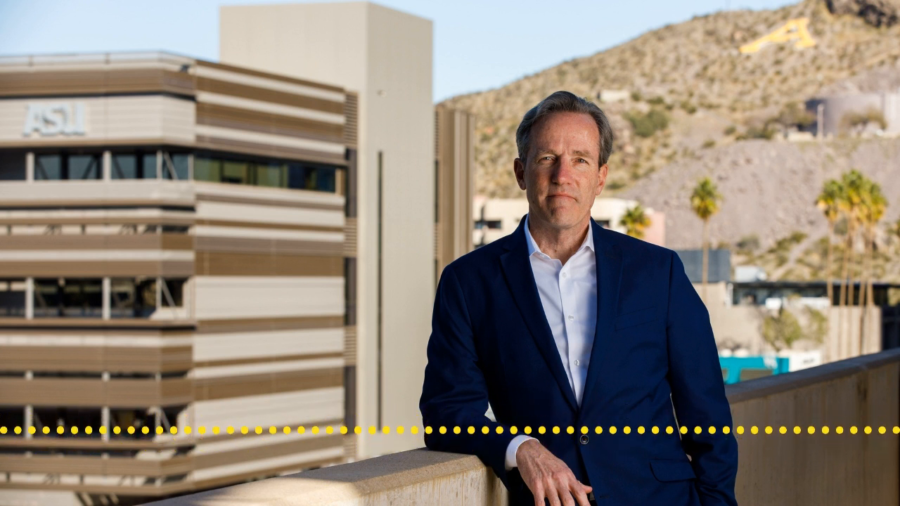
The Ten Across project is…a twenty-four-hundred mile-long stretch of highway, obviously on the I‑10, that goes from the Pacific Ocean to the Atlantic and all the major cities in between. Looking at those cities, Phoenix included of course, the Phoenix metro area, we think we see a laboratory for the future in those places.

